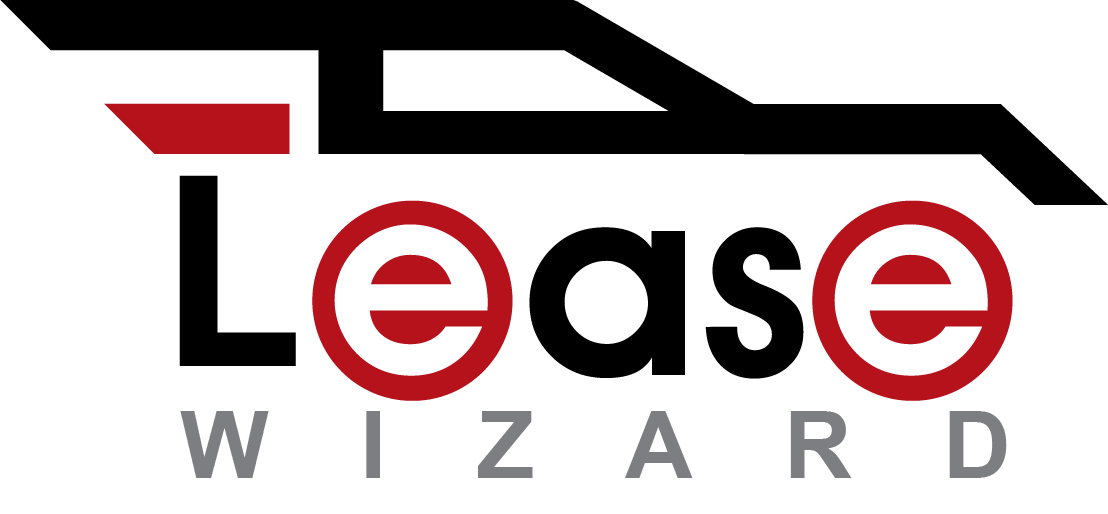If you’re already familiar with the basics of leasing a car: negotiating a great deal on the new car you want with the monthly payment that fits your needs, that will work out every time! However, there are additional options you may want to consider that are a little less common, but may be perfect for your situation.
Used Car Leasing
While about 1/3rd of the new vehicles sold in 2016 were leased, only about 1% of the used vehicles that dealers sold were leased, so it is definitely less common, and it’s a big reason Lease Wizard, and other publications that discuss leasing, focus on new car leasing. However, the most important thing to know is that you can definitely lease a used car. The basics are the same: how much of the car’s value are you going to use, and how much is the lessor going to charge for the use of their money. That said, there’s also some things you should know and consider before leasing (or even buying) a used car, so check out this page for more detail about used car leasing.
One-Pay Lease
In a one-pay lease, you only make one payment: at lease signing when you take delivery of your new car. The biggest benefit is that you can save a lot of money on interest (rent charge), since the lessor put out less money to the dealer on your behalf. There are risks though, and not everyone has the cash to pay it all upfront. There is much more information about the one-pay (single-pay) lease here, including a calculator.


Lease Swapping
Stuck in a lease that you want to exit early? Interested in leasing a slightly used vehicle but not locking yourself into a 3+ year term? In either event the answer may be to look at the secondary marketplace for leases, to either swap out your lease to a new lessee, or if you’re interested in assuming someone else’s lease that’s been listed. Lease Wizard recommends you check out Swapalease or LeaseTrader if this is an option you’re interested in.
Lease Buyout
Every lease comes with an option to buy the vehicle at the end of lease for the residual value and potentially an additional purchase option fee, which is usually an additional few hundred dollars. The basic benefit for buying out the vehicle is that you know the car’s history – you were the one driving it, and there is likely a financial benefit if you can avoid fees like excess mileage or excess wear and tear fees that would be incurred upon returning the vehicle. The key is that if you’re going to buy out your lease, you will likely need to finance the purchase. If so, we recommend you contact Innovative Funding Services (IFS) to help you purchase your leased car.

